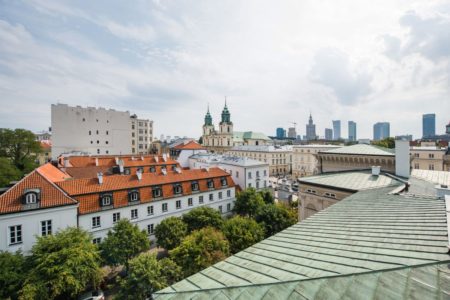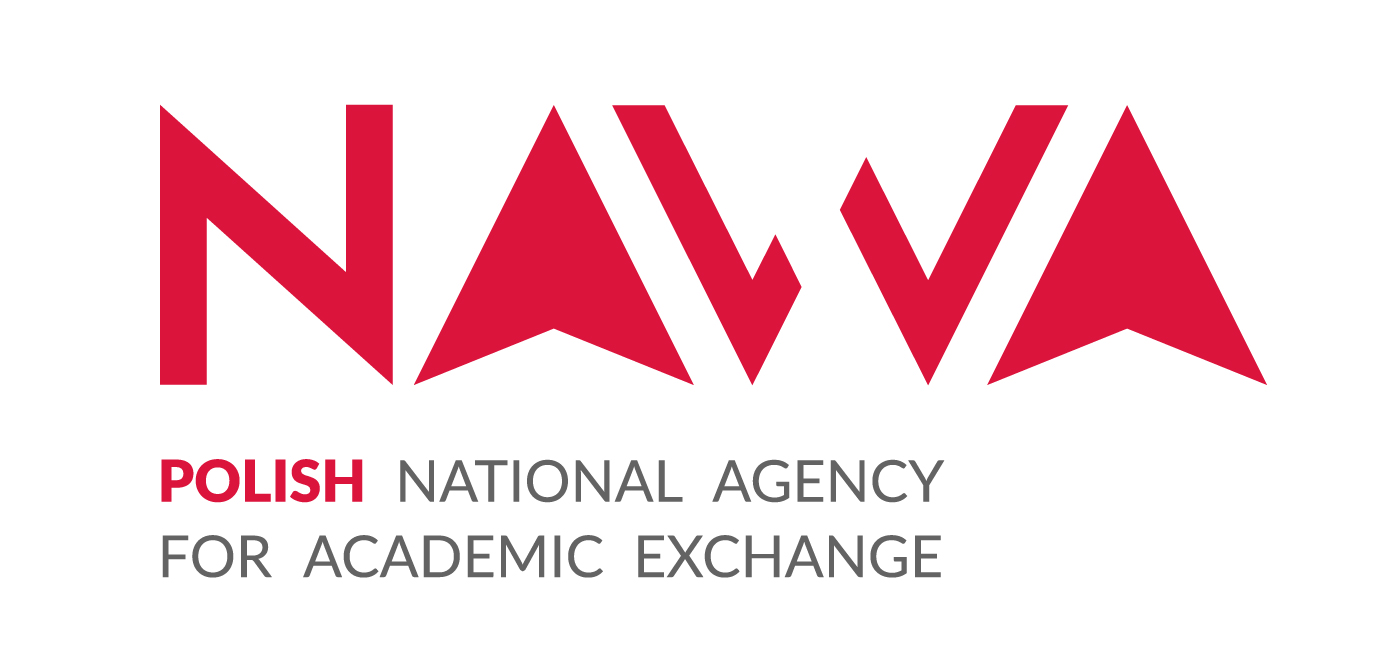Visas types
Citizens of non-EU/EFTA countries which are not listed as visa free countries may enter Poland and stay within its territory on a basis of Schengen or national visa.
- Schengen Visa (visa type C) – is issued when the planned stay on the territory of the Schengen area does not exceed 90 days within each 180-day period. Calculator of travel days remaining under a Schengen short-stay visa
- National visa (visa type D) – entitles to entry and a continuous stay in the territory of Poland or to several consecutive stays which jointly last longer than 90 days, the period of validity of a national visa cannot exceed 1 year. Also permits to travel in the territory of other Schengen Area Member States for up to 90 days during a 180-day period, during the validity period of the visa.
Visas are issued for multiple or single entry and for various purposes of stay. However, in regard to university purposes, the following visas are most relevant:
- student visa – (dedicated to students or PhD candidates) requires, among other things, document issued by the University confirming enrollment or continuation of studies
- visa for the purpose of conducting scientific research or development activities – for this visa application a hosting agreement/contract has to be signed between the researcher and the research institution in Poland authorised by the Ministry of Interior and Administration for the purpose of hosting foreign scientists;
- visa for the purpose of work – for this type of visa the researcher does not need a signed agreement/contract, only a promise of employment/ a letter from the employer describing the work conditions (period, position, salary, main duties, etc.);
Please contact the embassy/consulate for the full list of the required documents. Visa requirements and application forms as well as the complete list of Polish diplomatic missions abroad are available at the website of the Ministry of Foreign Affairs. The duration of the visa procedure should not exceed 15 days.
Holders of dual citizenship (Polish and foreign) are required to enter Poland using their Polish passport or Polish national ID.
Detailed information on entry conditions, travel and residence rules in Poland can be found at the website of Polish Border Guard. Please get familiar with them before travel.
Brexit
From 1st January 2021 the United Kingdom is on the list of countries which citizens are entitled to visa-free entry and stay in Poland and other Schengen countries for up to 90 days within a 180-day period. This means that short-term students, e.g. on an Erasmus exchange, do not need a visa to take part of their studies in Poland. A valid passport entitles British to enter Poland.
It is important to make sure that the whole planned visit is within the 90-day limit:
- visits to Schengen countries within the previous 180 days before a travel count towards the 90-day limit.
- travels to Poland or other Schengen countries made before 1st January 2021 do not count towards the 90-day visa-free limit.
You can calculate the limit of days which you have left on non-visa movement here.
For long-term students obtaining a Polish visa type D is recommended. This visa allows you to legally stay in Poland for a maximum of 1 year. To obtain it you should meet requirements of the Polish Embassy in London (other consulates in the UK do not issue visas).
Russia
On 19th September 2022, new restrictions on the entry of Russian citizens into Poland have been introduced.
Currently, only Russian citizens belonging to one of the groups described in the link below may cross the state border to enter Poland through road, rail, river, air and sea border crossings (regardless of the country from which the entry to Poland takes place)
More information – Border Guards’ website: https://www.strazgraniczna.pl/pl/cudzoziemcy/covid-epidemia-koronawi/8578,Outbreak-of-coronavirus-rules-of-entry-and-stay-on-the-territory-of-the-Republic.html
In case of any doubt, please contact the dedicated hotline +48 22 500 40 00 (from Monday to Friday 8.15-16.15) or via email: zdsc2.kg@strazgraniczna.pl
How to extend your stay in Poland? Residence permit vs. registration of residence.
Students and academics of EU countries
should register their residence if it will be longer than 90 days. An application form (DOCX PL) for the registration of residence should be submitted in person to a voivode having jurisdiction over place of residence (Wojewoda Mazowiecki), no later than on the next day following the end of the period of 3 months after the entry into the territory of Poland. It is issued free of charge and it is valid for an indefinite period of time.
Students and academics of non-EU/EFTA countries
For stay over 3 months it is required to apply for a temporary residence permit (TRP)
In case of students, this document is issued for:
- 15 months – if you apply for TRP first time, you are first-year student and your study program lasts longer than 15 months
- 2 years – if you apply for TRP first time, you are first-year student, your study program lasts longer than 15 months and is covered by an EU or multilateral/bilateral program that includes mobility funds
- time needed to complete your study – if you apply for TRP first time, and you are at least second-year student
- time needed to complete your study + 3 months – if or you apply for TRP second and following times or if you apply for TRP first time, you are first-year student and your study program lasts shorter than 15 months
In case of academics, temporary residence permit can be issued for up to 3 years, depending on the duration of their employment contract.
The temporary residence permit (TRP) is issued by the Department of Citizens Affairs of the Mazovian Voivodship Office. The application should be submitted in person, no later than on the last day of legal stay in Poland.
Brexit
UK citizens who entered Poland after 1st January 2021 are obliged to follow the same rules as non-EU citizens, which means they need to obtain a temporary residence permit if their stay in Poland is longer than 3 months.
Separate regulations apply to Brits who are beneficiary of the Withdrawal Agreement. They have the right to stay in Poland under the current conditions if they were resident in Poland in accordance with EU law by the 31st December 2021 and still live here. It is recommended that all beneficiaries of the Withdrawal Agreement obtain a new residence document. Read an information and infographic about the process for obtaining the new residency documents on the Polish government’s guidance for UK citizens.
BREXIT – residency procedures UK nationals (PDF)







